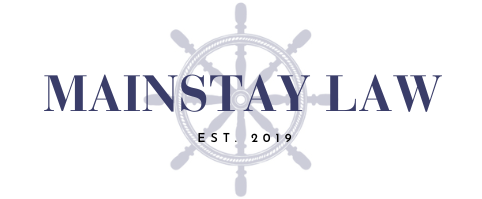The Longshore and Harbor Workers’ Compensation Act (LHWCA) was passed in 1927 to provide compensation in lieu of tort damages for a class of workers commonly referred to as longshoremen. The LHWCA provides financial compensation for expenses like lost wages and medical care to civilian employees who are injured on the job on the navigable waters of the United States or adjoining piers, wharfs, and harbors. The LHWCA also protects workers on oil rigs that are affixed to the ocean floor of the Outer Continental Shelf as well as those workers engaged in shipbuilding and ship repair.
The most common injuries are the result of:
- Slip-and-fall accidents
- Transfer accidents by Jacob’s ladders, swing ropes, and man baskets
- Forklift accidents
- Cargo loading or unloading accidents
- Crane accidents
- Platform explosions
- Occupational hearing loss
If you have suffered an injury due to unsafe conditions on the job and you are classified as a longshoreman, you are entitled to compensation under LHWCA. You may also receive compensation if you are a surviving eligible family member of someone who has been killed during a workplace accident or who died as a result of his or her injuries.
Who Is Covered under the LHWCA?
Historically, in the 5th Circuit, in order to be classified as a longshoreman, you had to satisfy a two-part test:
- The “situs” test originally required that the injury take place on “the navigable waters of the United States. In 1972, Congress extended the situs to include many different shore areas and facilities including any pier, wharf, dry dock, terminal, building way, marine railway or other adjoining areas customarily used in the loading, unloading, repairing, dismantling, or building a vessel; and
- The “status” test requires that the employee must be engaged in maritime employment.
However, if you work in the oil and gas industry on platforms located on the Outer Continental Shelf and you are injured on land then there is a chance that you are covered by the LHWCA even though you were not injured on a “traditional” situs as articulated, above.
Some types of employees are not covered under the LHWCA. Exclusions include:
- Masters and crew members of vessels
- Federal, state, and foreign government employees
- Employees covered by state workers’ compensation
- Intentional injuries incurred by employees seeking to harm themselves or others
The differences between coverage under the Jones Act, the LHWCA, and a state workers’ compensation law can have a substantial impact on your recovery. Determining whether you are covered under the LHWCA often requires a careful legal analysis of the facts.
Why enlist Mainstay Law LLC?
Mainstay Law LLC focuses on maritime-related cases and has significant experience in handling complex questions as to an injured workers’ status for coverage under the LHWCA. Because the firm deals almost exclusively with these types of claims, the firm can quickly determine the correct law under which to pursue your recovery. If you are classified as a longshoreman, the firm has extensive experience in litigating claims under the LHWCA and is prepared to provide you the quality legal representation you deserve.
